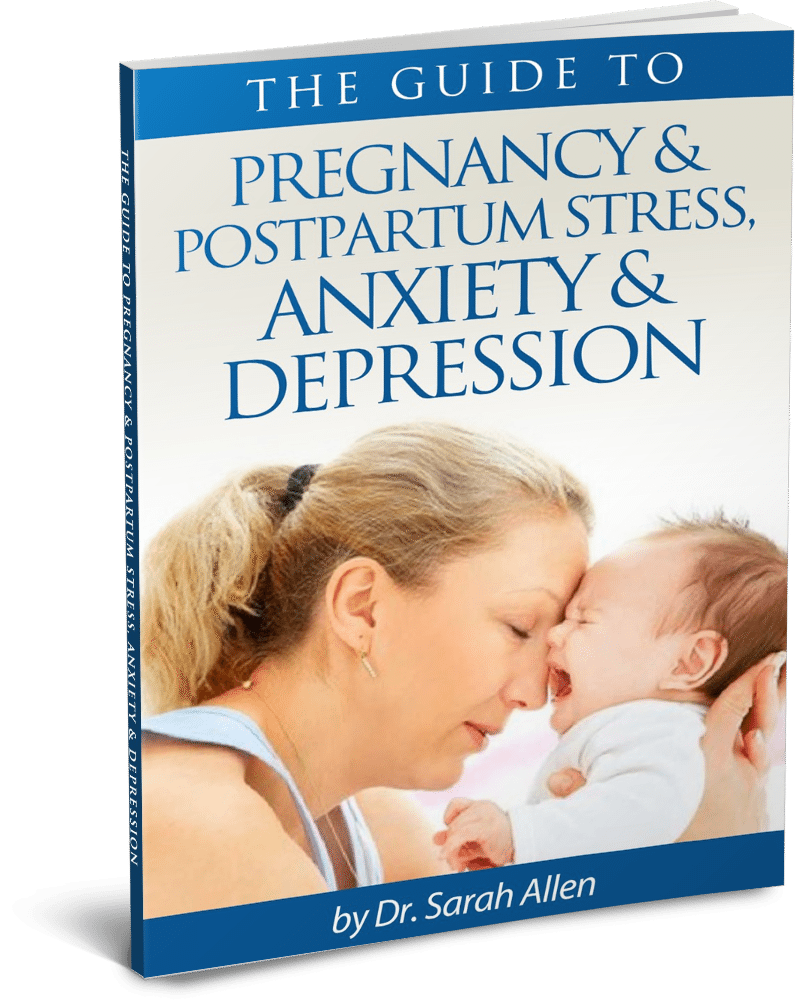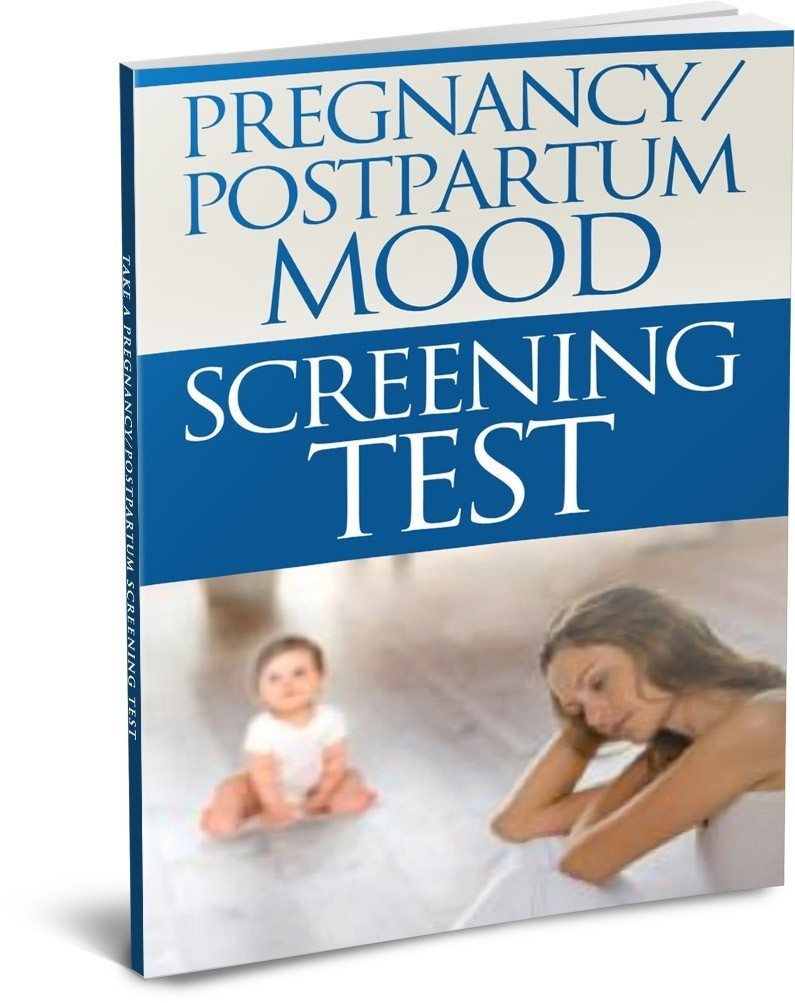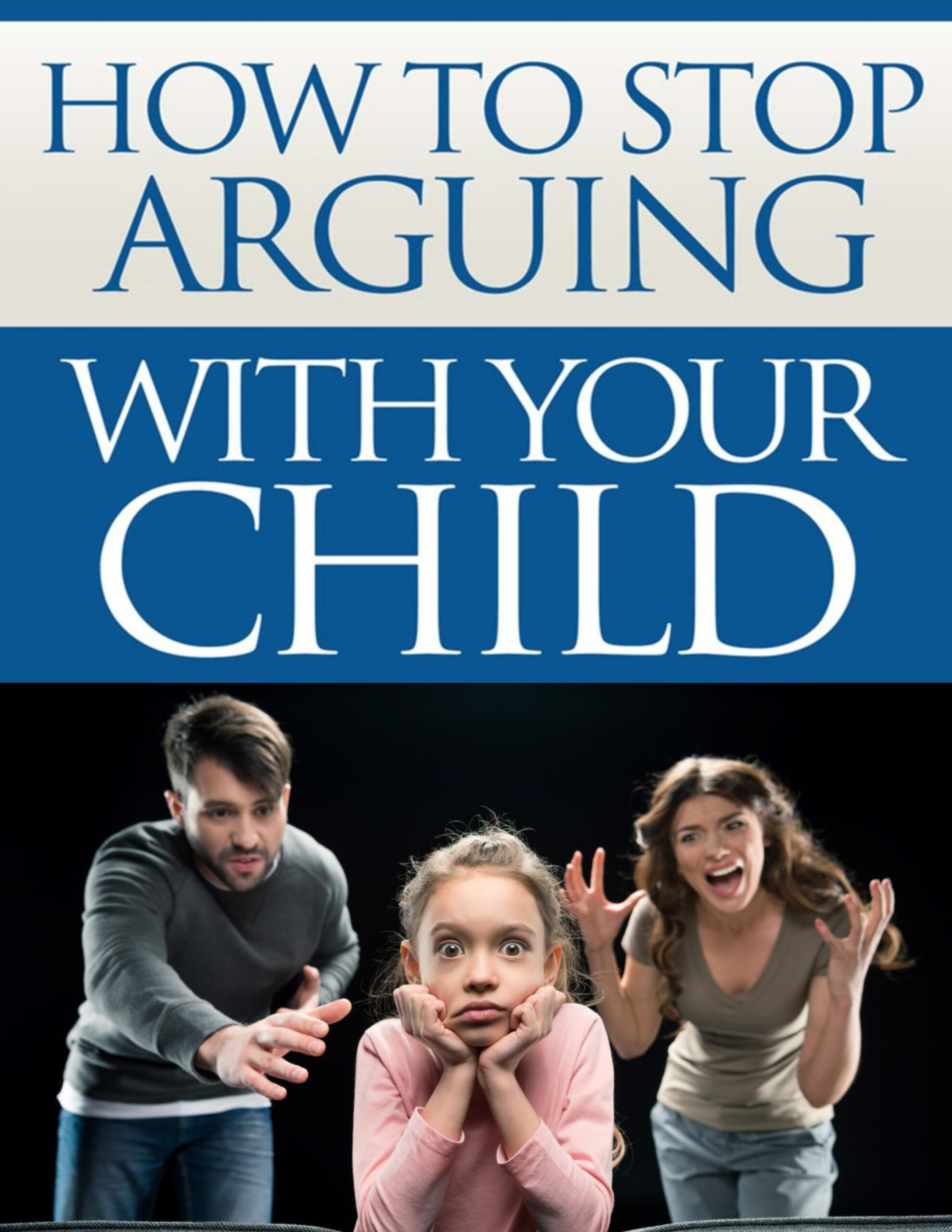
Here is an article published on Romper.com on how to talk to your partner when you are experiencing postpartum depression (the advice works just as well for postpartum anxiety and pregnancy mood disorders too). I was very happy to be interviewed by Caroline Shannon-Karasik as one of the experts and here’s the paragraphs where I was specifically quoted:
Dr. Sarah Allen, a psychotherapist and director of the Postpartum Depression Alliance, suggests that setting aside time for the conversation when you’re not exhausted is helpful. “I know this is not easy when you have an infant, but you will get a better response from your partner if they are not on their way out the door or just about to go to sleep.” She says this first step can be very difficult because it requires admitting that you are not coping or feeling the way you want to. Call on a friend or family member to watch your little one while the two of you take some time to discuss your feelings.
Try to also not rely on the media which “only tend to focus on extreme cases of postpartum depression and psychosis — that happens to only one percent of new moms,” Allen adds. “[This means] your partner may be worried when you first talk about it. Explain to your partner that postpartum depression and anxiety are very common and affect approximately 20 percent of new moms.”
Allen says you may want to print out something for your partner to read that explains the symptoms and how frequently women experience them. Highlight the particular symptoms you are experiencing and consult reputable online resources that explain symptoms, treatment, and how to access support in your own state. Allen adds that local groups, like the Postpartum Depression Alliance she runs in Illinois, also offer resources for both mothers and partners.
Read the whole article here How To Talk To Your Partner About Postpartum Depression, According To Experts!


If you want to read more about maternal mental health download the FREE Guide To Pregnancy & Postpartum Stress, Anxiety & Depression. It is full of information about symptoms, different types of maternal mood disorders and advice about what to do to start feeling like yourself again.
Dr. Sarah Allen has 20+ years experience helping women transition to being the mom they want to be. She is also the Director of the Postpartum Depression Alliance of IL, a non-profit offering info and support to pregnant and postpartum moms and their families.
In her Northbrook office, in the North Suburbs of Chicago, or across IL & FL via telephone or online counseling she offers the most convenient way for you to access support and help.
If you have questions after reading this article or the Guide To Pregnancy & Postpartum Stress, Anxiety & Depression or have any questions about how counseling can be useful to your particular circumstances please contact me at 847 791-7722 or fill out the form at the contact page.

Parenting is tough and I am here to help you to be the parent you want to be. If you have any questions, or would like to set up an appointment to work with me, please contact me at 847 791-7722 or on the form below.
If you would like to read more about me and my areas of specialty, please visit Dr. Sarah Allen Bio. Dr. Allen’s professional license only allows her to work with clients who live in IL & FL & the UK and unfortunately does not allow her to give personalized advice via email to people who are not her clients.
Dr. Allen sees clients in person in her Northbrook, IL office or remotely via video or phone.

What Can I Read That Helps Me While I Am Waiting For My First Appointment With Sarah?
One issue that I find comes up again and again is how to handle discipline and arguments within the family. So I put together a booklet with some strategies I am always saying to my clients to help them begin to improve their relationship with their child and reduce the amount of shouting, arguing and tantrums that can occur. I hope that you will find it helpful too.







